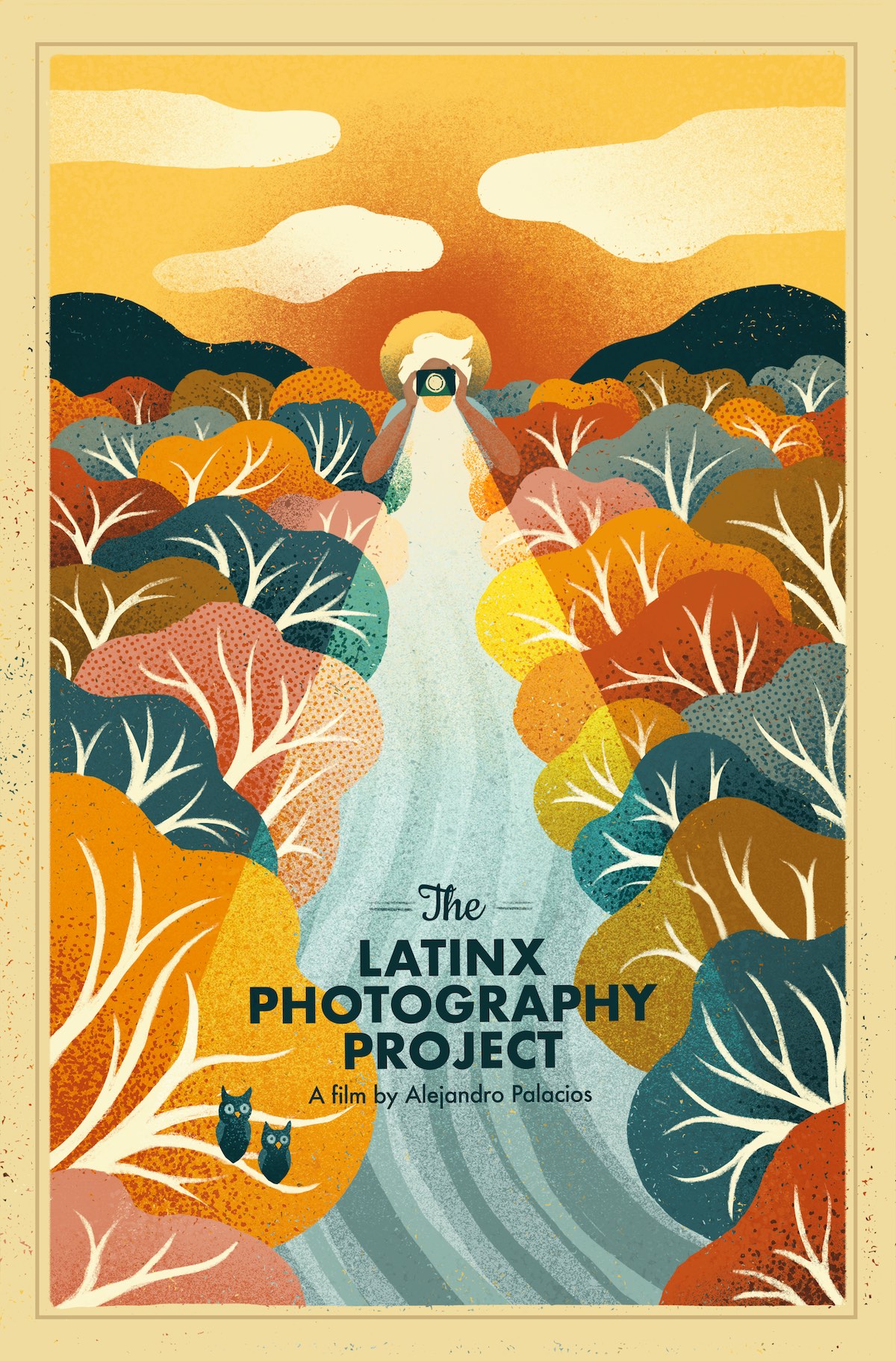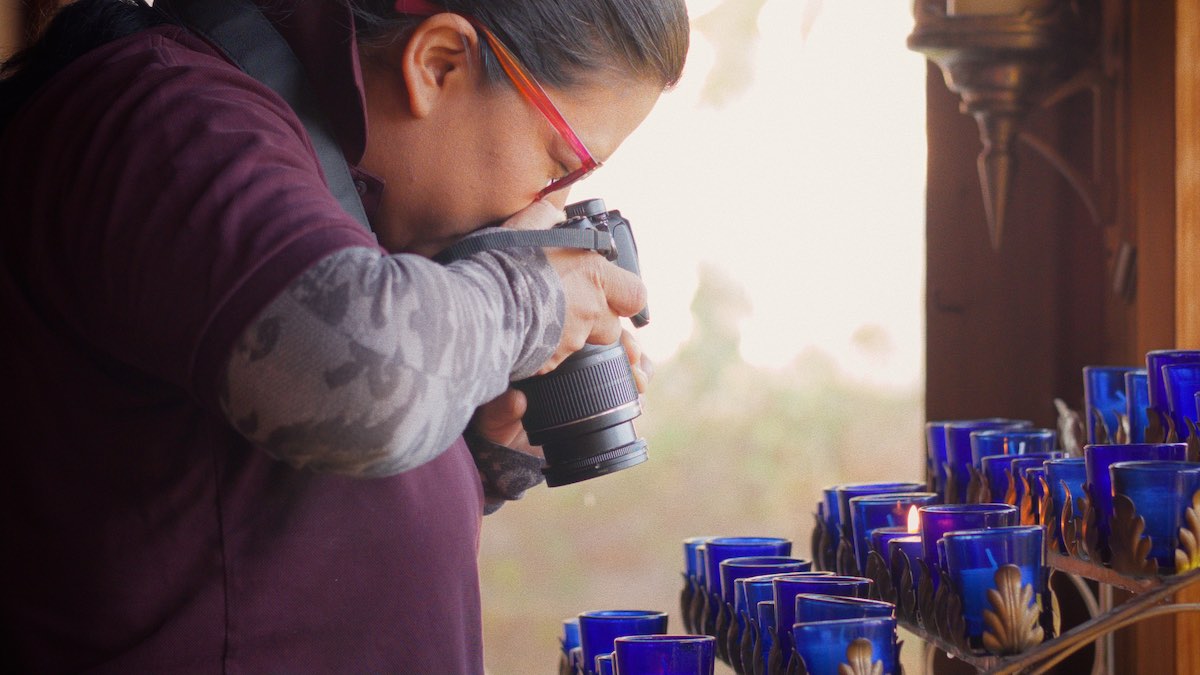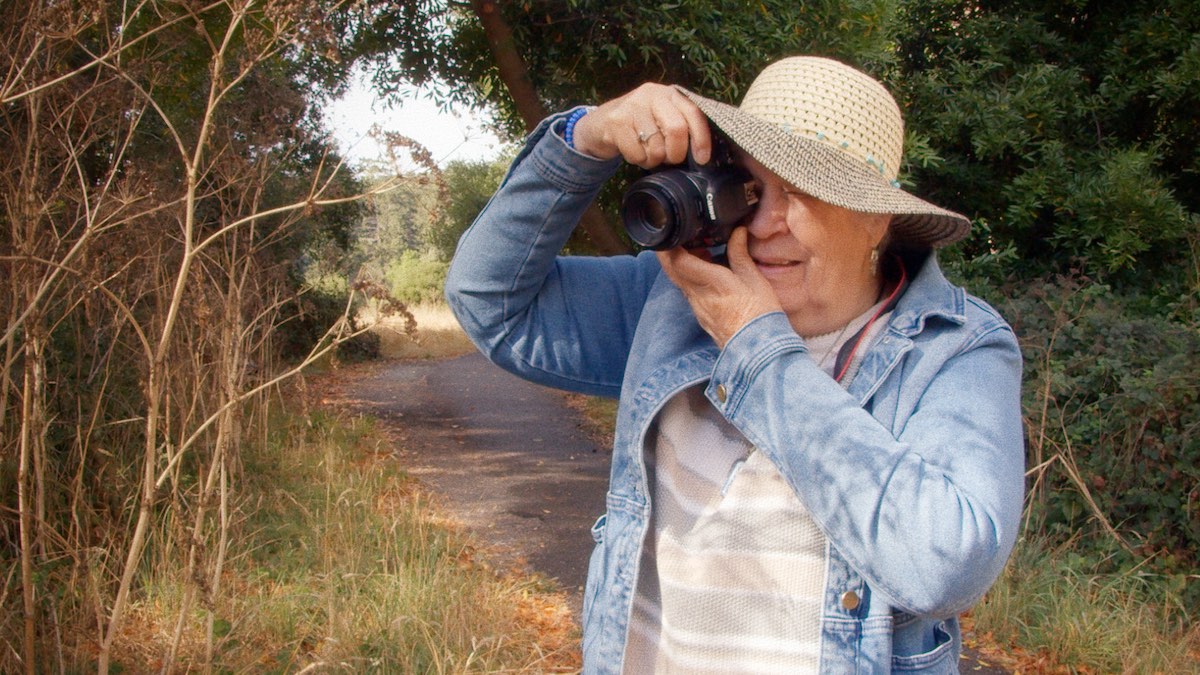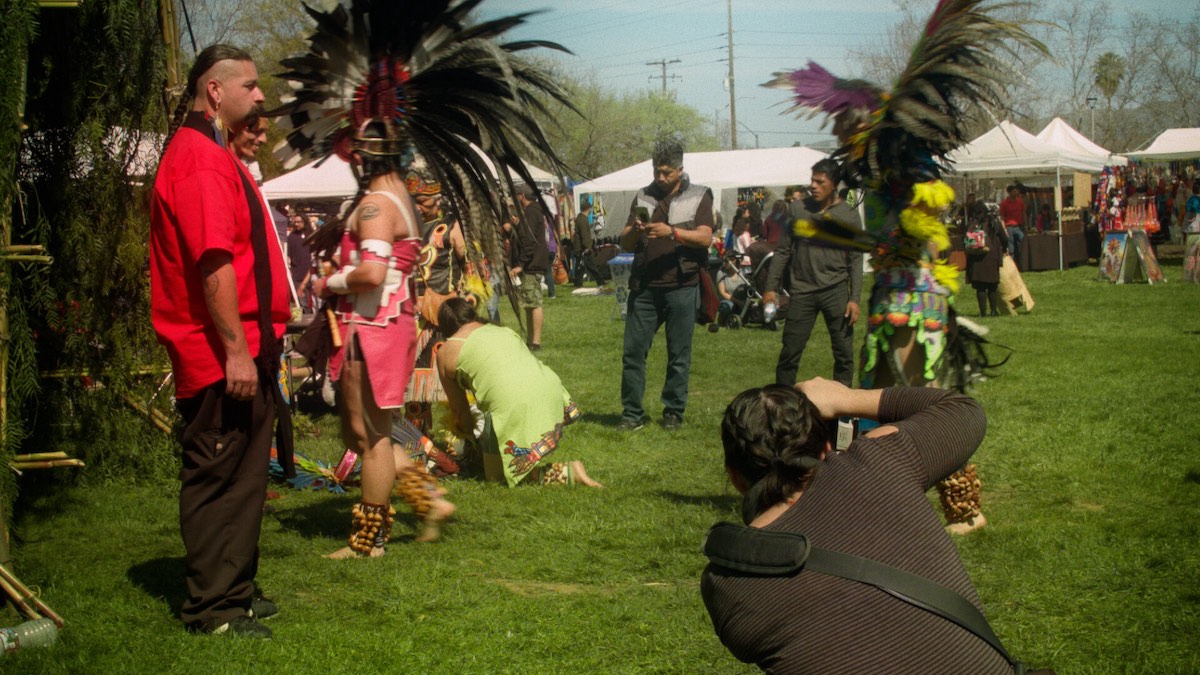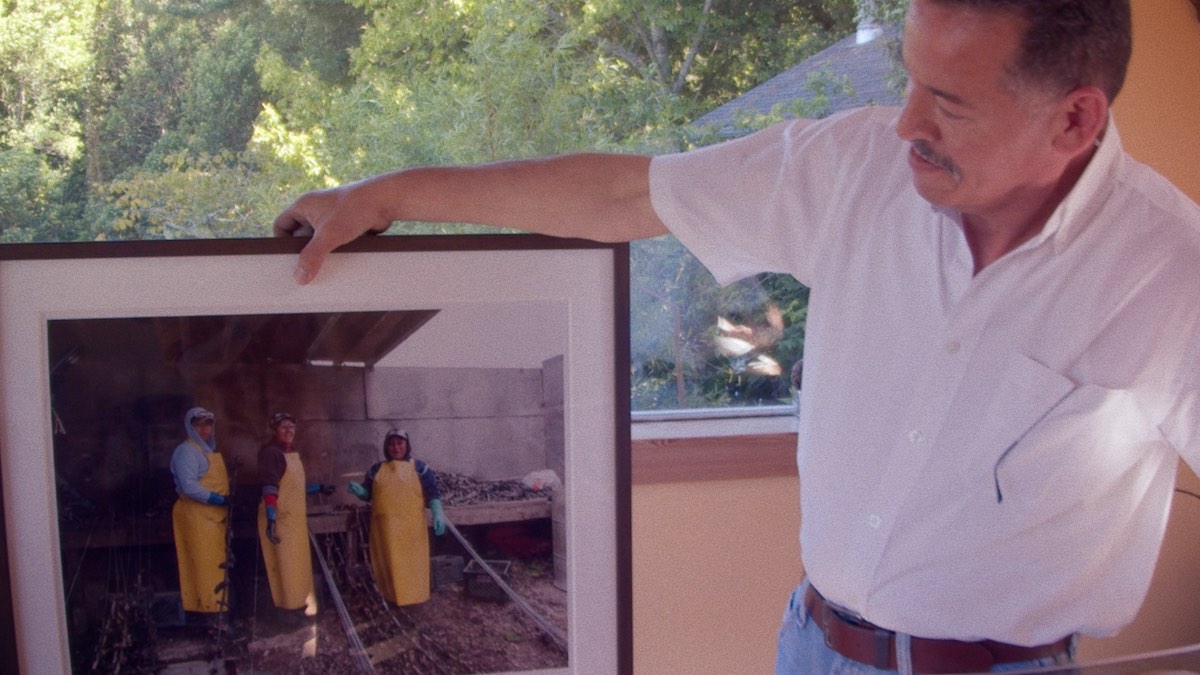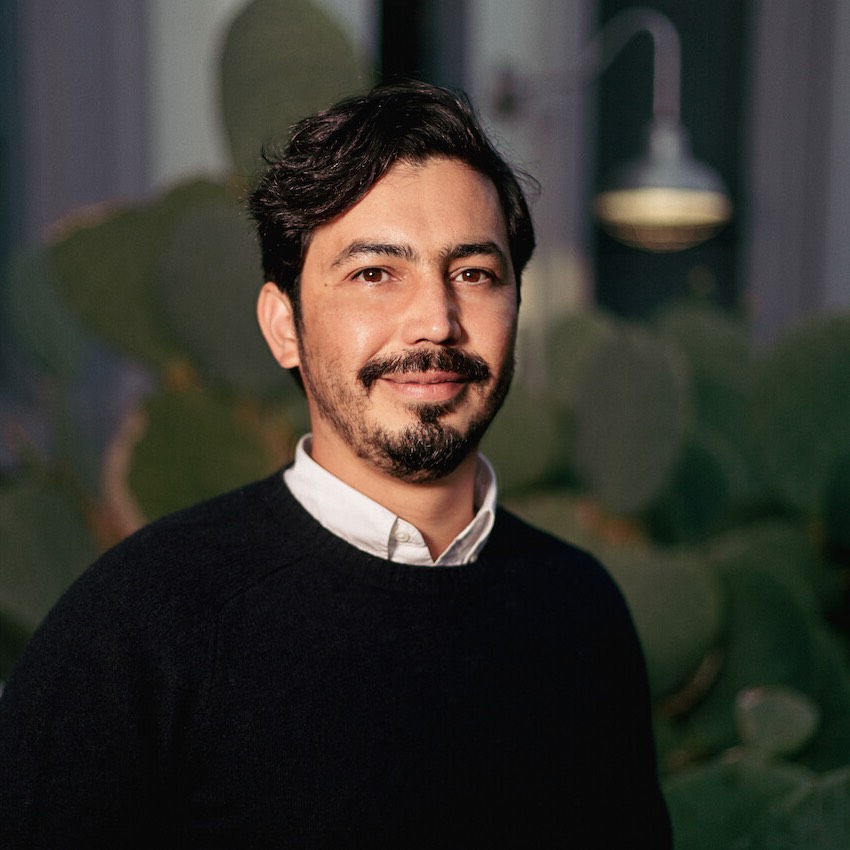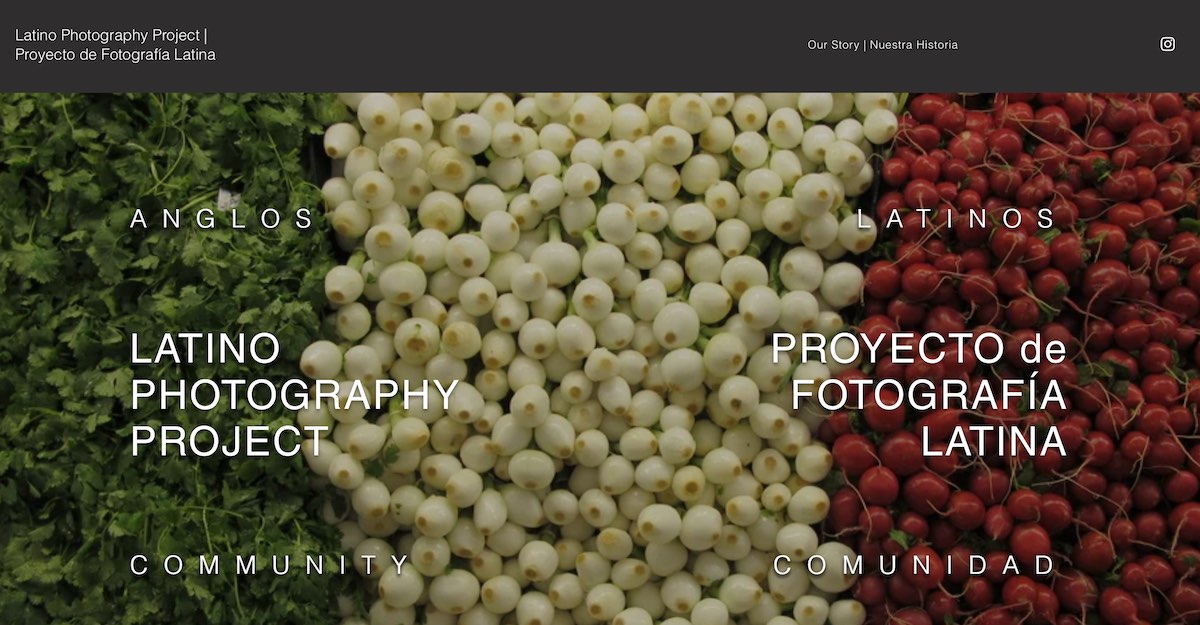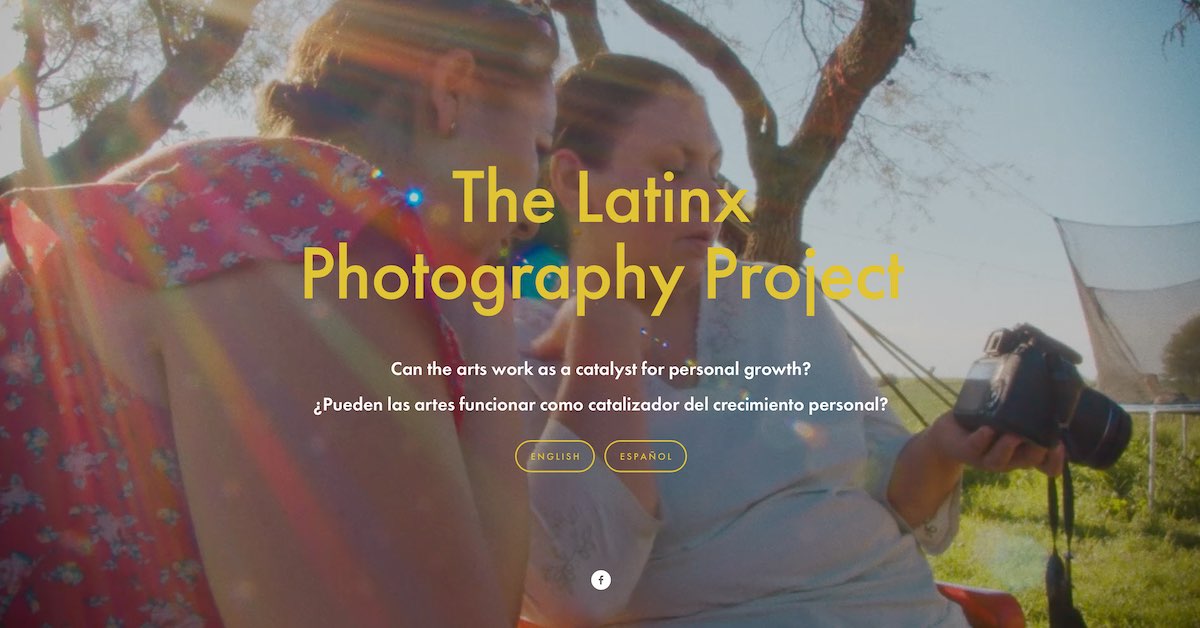Latinx Photography Project Documentary
The Latinx Photography Project* is a bilingual documentary film that explores how a creative practice like photography can succeed at cultivating leaders who are grounded in community cohesion. With photography as their medium, the participants in this project carve a path in a community that years ago was foreign to most immigrant farmworkers.
*The Latinx Photography Project documentary depicts GRO’s Latino Photography Project.
The Latino Photography Project tells the story of a rural California community’s efforts to create and sustain an artistic practice that integrates diverse ethnic and linguistic groups. The storyline is driven by four photographers currently participating in the Latino Photography Project in West Marin county. Ana Maria Ramirez, Maricela Mora, Agustina Martinez, and Gisela Alvarado are at once students, photographers, family members, and leaders.
Skills & Progress
Through interviews in the field, The Latino Photography Project explores the progress these photographers have made to learn advanced photography skills from industry leaders, and then use these new skills to exhibit their work in local galleries, and in some cases work as freelance photographers for local non-profits, organizations as well as family events.
The work created by the photographers offers an intimate glimpse into their lives. Stories about their families, jobs, and experiences on the ranches come into focus and encourage the larger community to come together and share food, music, and dance at traditional celebrations of Latino culture.
The Beginning
Originally designed as a program to provide Latino women on the local ranches with tools to develop literacy, photography, and computer skills, the Latino Photography Project began in 2003 with the group exhibit “Who Opens the Doors of the Town in the Morning.” In this exhibit, students documented the ethnic and socio-economic make-up of Main Street in the downtown area of Point Reyes, CA. In “Where We Live,” the photographers brought to light the precarious housing situation experienced by both Anglo and Latino families.
Exploration & Meaning
Over the last 16 years, the project has taken on new meanings for the teachers, students, and community members. In addition to crafting their technical skills, it is evident that the photographers have also developed themselves as community leaders. With photography as their medium, these women have carved a path in a community that years ago was foreign to most immigrant farmworkers in West Marin. In doing so, they have paved the way for other Latinos to take on new roles in the community.
Artistic Communities
By selecting this community and this practice, The Latino Photography Project explores broad themes such as gender, immigration, and art in rural California. It seeks to create dialogue surrounding access to artistic practices. Who creates and holds artistic capital in our communities? How are different sectors of California’s rural communities both divided by and brought together by distinct artistic practices? How can photography or other artistic practices bridge cultural and linguistic divides in a national context that is becoming increasingly xenophobic?
Alejandro Palacio, director
For nearly ten years, I resided in West Marin, the region which is the setting for this film, during the time it was being made. After moving to the area, I discovered a group of farmworkers studying photography and exhibiting their work in the local gallery. People who wouldn’t normally have an outlet for learning or exhibiting their work in a gallery space were able to benefit from this project. Since I am also an immigrant and an artist in this community, I identified strongly with their stories. It was important to me to learn more about the photographers and their journeys. I wanted to create a film that emphasized the message of these passionate and fierce photographers.
“When you hold a camera it becomes a shield that lets you cross borders, enter new spaces, access someone’s personal life.”
“Art has a way of creating that space that no matter how we try to train or build capacity can quite do that.”



